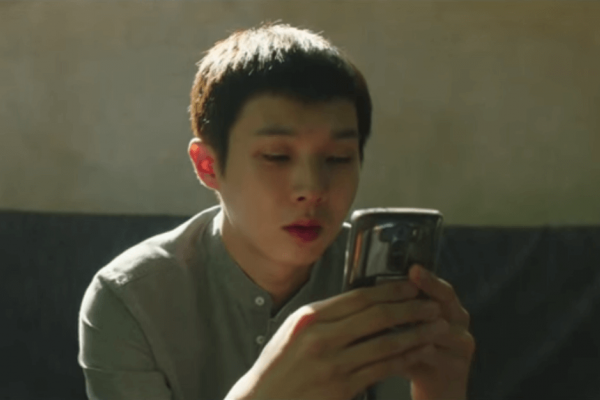Nov 27, 2019
Bong-Joon-ho’s film is about what happens to those living below sea level when the rain comes.
Read the Full Article

Already a subscriber? Login

Bong-Joon-ho’s film is about what happens to those living below sea level when the rain comes.
